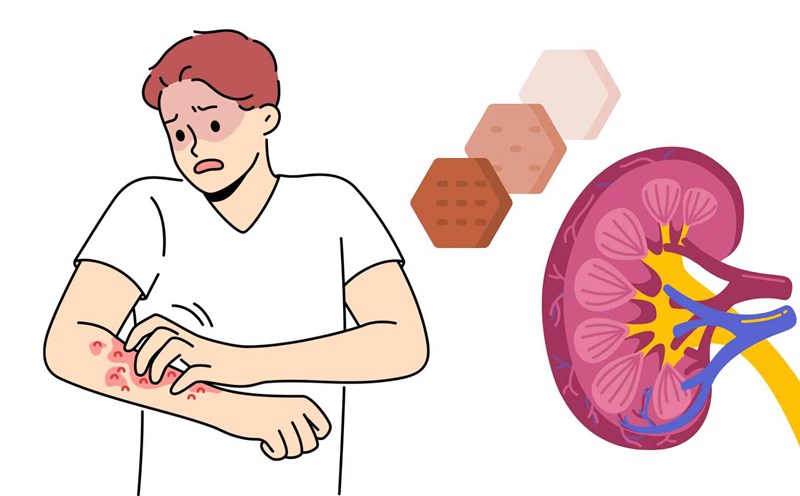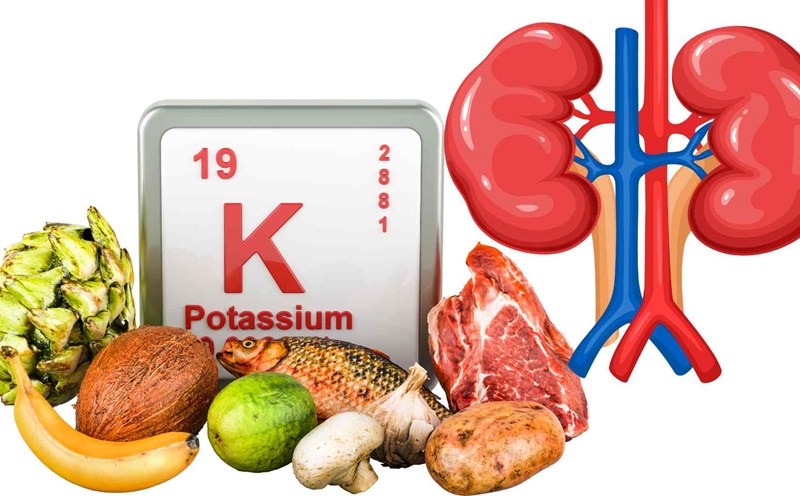People who maintain the habit of drinking enough water often have better detoxification ability, a smoother urinary system and a more efficient metabolism. As for people who regularly drink tea, if they know how to control their intake and choose the right type, the beneficial compounds in tea can also help protect the kidneys to a certain extent.
However, in many cases, water is still the clear priority choice. For example, drinking plenty of water is a simple but effective method to prevent kidney stones. In contrast, oxalic acid in tea, if accumulated excessively, can increase the risk of stone formation.
For people with weak kidney function, drinking tea, especially strong tea, needs to be very careful. If not well controlled, tea can increase the burden on the kidneys.
Therefore, tea is both a medicine and a burden - depending on how it is used. The important principle is not to choose to drink water or tea, but to know how to balance.
For normal people, drinking about 1,500-2,000 ml of water per day is a reasonable level to help the kidneys function effectively. When drinking tea, you should follow the principle of moderation, about 2-3 cups per day is enough. Avoid drinking black tea instead of water and do not mix black tea to drink continuously throughout the day.
In addition, choose the right type of tea. People with weak kidney function should limit tea with high caffeine content, because caffeine can increase the metabolic burden on the kidneys.
Regarding how to drink water, it is also important to note that you should drink a small sips many times a day, instead of waiting until you are too thirsty to drink a little more. When the body is too thirsty, it means there are signs of dehydration. At that time, drinking water too quickly and too much can make the stomach uncomfortable and make the kidneys work overloaded to process excess water.











